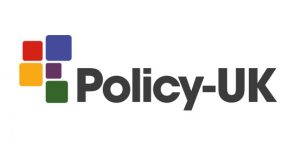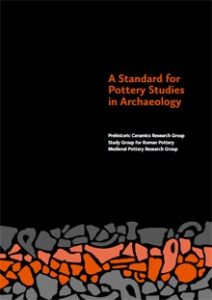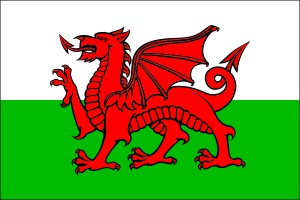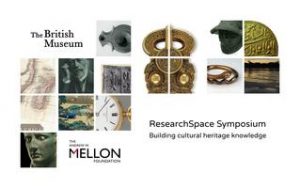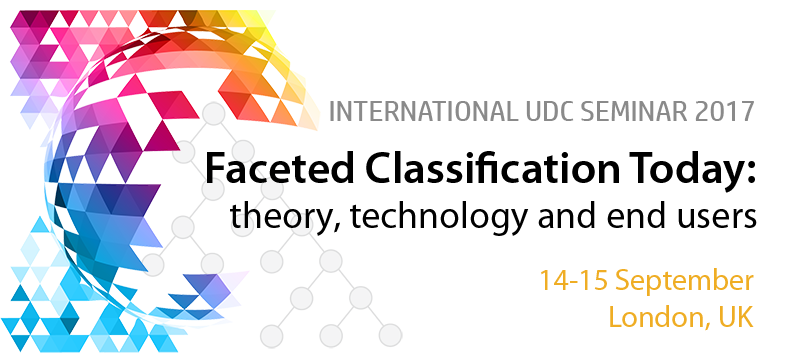A New Framework for UK Data Protection
GDPR Implementation, Business Challenges and the Implications of Brexit
Date: Thursday, 18th May 2017 (08:30 – 13.00)
Location: 1 Birdcage Walk, Westminster, London, SW1H 9JJ
Speakers
- Christopher Docksey, Director, European Data Protection Supervisor
- Rob Luke, Deputy Commissioner (Policy), Information Commissioner’s Office
- Jo Blazey, Privacy Officer & Counsel, Vodafone;
- Chris Combemale, Chief Executive, Direct Marketing Association;
- Philip James, Partner, Sheridans; and
- Steve Wright, Group Data Privacy & Information Security Officer, John Lewis Partnership.
Key issues for discussion:
Preparing for General Data Protection Regulation – Implementation, Best Practice and Enforcement:
Discuss key implementation and compliance challenges facing data controllers and processors; best-practice compliance procedures; and the challenges and opportunities of elevating data protection to a board level concern.
Innovation and Business Operations – Privacy by Design, Competitiveness and the Value of Data:
Analyse how organisations are transitioning to Privacy by Design; the potential impact on business operations; and how systems and procedures may need to be upgraded to improve security, consent and facilitate data portability and the right to be forgotten.
A British Approach to Data Protection – The Challenges and Opportunities of Brexit
Consider to what extent there is still uncertainty regarding the future UK data protection framework; the challenges and opportunities of regulatory equivalence and keeping cross-border data flows open; and the options for amending GDPR post-Brexit to create a bespoke UK data protection framework.
Places at the forum (including course materials and refreshments) are £225 (+VAT)
